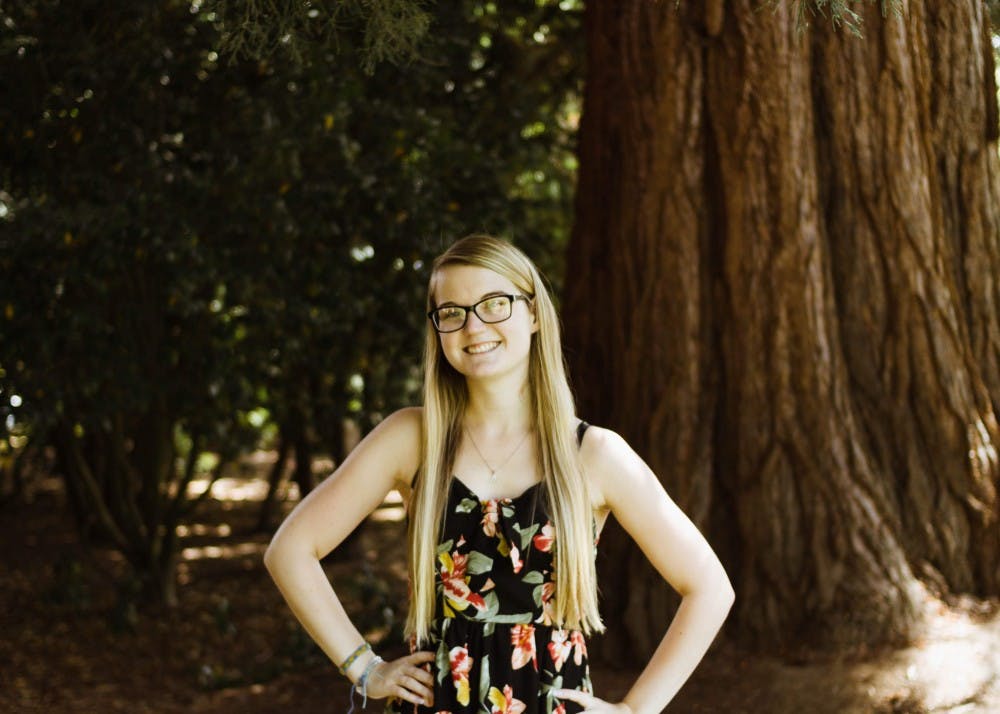If you’re anything like me, you’ve probably done a fair share of research on brands from which you make your biggest product purchases. It almost feels wrong to spend a substantial amount of money on something without knowing the reputation and values of the brand you’re looking at. Maybe this idea comes from my business-minded brain (all you business students out there will understand), but I do think it’s important to consider the brands we buy things from, especially if it’s a major monetary investment, like a new laptop for college or a high-quality fleece for those chilly Portland winters.
One of the things I always read when considering a purchase from a new brand is the company’s mission statement, which I argue is one of the most important elements of any brand’s presence in their industry. Not only do mission statements allow you to evaluate if your personal values match the company’s, but they are also often a good representation of how the company conducts business and where they’re aiming to be in the future. For example, Life is Good is on a mission to “spread the power of optimism,” and Tesla aims to “accelerate the world's transition to sustainable energy.”
While I do strongly believe in mission statement research to inform purchase decisions, I’m actually here to share why I think every individual themselves should draft a personal mission statement.
It might seem silly at first to treat yourself as a CEO would treat their business, but hear me out. People don’t know who you are unless they spend time with you or you tell them. A personal mission statement might help with this in a lot of situations, but especially in job interviews or meeting people in a professional setting. Every single interview I’ve had has started with the dreaded request to “describe yourself,” which is where a personal mission statement could come in handy.
Additionally, a personal mission statement can help give you some guidance on life’s toughest decisions, and allow you to identify what you care about most and what drives your passion, which is important to know as you decide on your future career path or make “grown-up” decisions.
If your personal mission is to help others, maybe that indicates that you should make more time for service or go into a career path like nursing or social work. If your personal mission statement is to be confident in your positive contributions to the world, then maybe you should run for student government or take a slightly bigger role in your next group project. Whatever you decide your personal mission is, it will be truly and uniquely representative of you: both in the present and in the future.
By now, I’m sure you’re thinking to yourself, “Okay, when the heck is this girl going to get less cheesy and give me something actually useful?” Fear not, young grasshopper, I’m about to tell you how (not just why) to start developing your personal mission.
Step 1: Write down five things you value in your day-to-day life. This can be almost anything, from education to health and wellness to honesty to general friendship.
Step 2: Ask yourself, “How do these five things impact some of the biggest decisions I’ve made?” Maybe your valuing education is what made you choose to attend UP or your valuing health is the driving factor behind your consistent workout plan and scheduled mental health time.
Step 3: Start your statement with “to.” Not only does this preposition make your mission statement sound more like your favorite brands’ and make it sound cool, but it also makes your mission more actionable, prompting actual consideration and action.
Even if you decide that a personal mission statement isn’t your style, I hope everyone still considers how our values and outlook on life affect how we go about our days and everyone sets goals for themselves in their endeavors.
I leave you with my own personal mission statement: “It is my mission to learn something new every day and to never allow myself to be unhappy for reasons within my control.”
Natalie Nygren is the community engagement editor for The Beacon. She can be reached at nygren20@up.edu.









